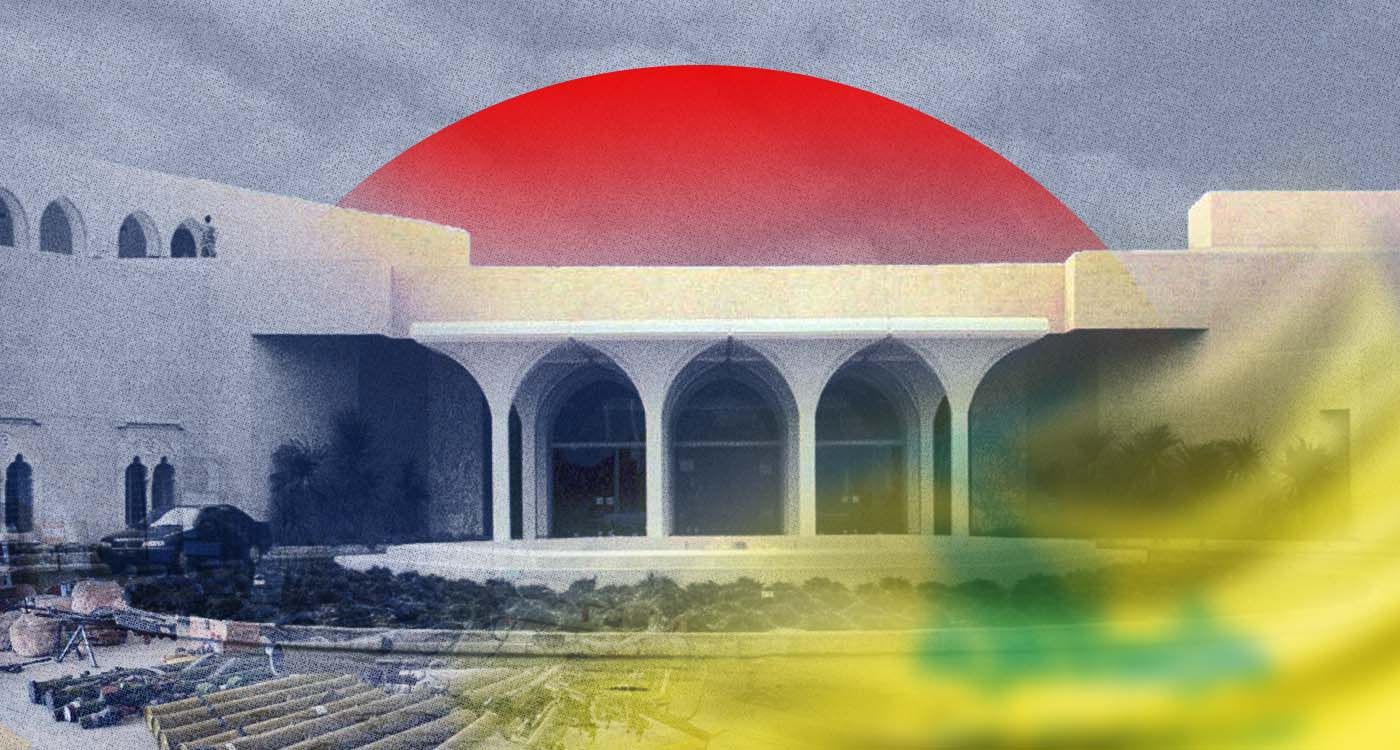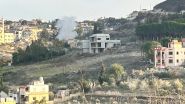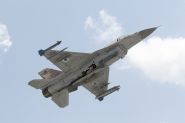
One of Winston Churchill’s best-known quotes is that “those who fail to learn from history are doomed to repeat it.” In Lebanon’s current context, the meaning is clear: if we don’t draw lessons from our recent past, we can neither navigate the present nor build any kind of future.
This is especially relevant to the stance now taken by Lebanon’s new leadership, which is calling for “dialogue” and restraint in addressing Hezbollah’s military arsenal. A brief review of local newspaper archives from the early 2000s offers a sobering reality check.
A quick look back at recent history shows that the so-called “dialogue” with the pro-Iranian party has dragged on for nearly twenty years, with no concrete results and no real direction.
For two decades, the issues of Hezbollah’s weapons, the monopoly on legitimate force, a national defense or security strategy, and the authority to decide on war and peace — which should be the exclusive prerogative of the state — have been at the heart of the national debate. They have also been the focus of a long series of meetings and consultations launched intermittently by successive presidents. All in vain.
What we have, ultimately, are twenty years of fruitless discussions. Two decades during which Hezbollah masterfully created the illusion of engagement, all the while systematically dismantling state institutions and pushing Lebanon ever closer to the brink.
Some will recall that in 2006, House Speaker Nabih Berri organized a dialogue conference that spanned around ten sessions over several weeks. During the eighth meeting, in early June 2006, Progressive Socialist Party (PSP) leader Walid Joumblatt presented an 18-page document emphasizing the need to hand over illegal weapons to the state, return to the 1949 armistice, and reject any party’s monopoly on decisions of war and peace.
At that same session of the “dialogue,” Lebanese Forces (LF) leader Samir Geagea presented a comprehensive vision outlining a clear defense strategy. His plan took Hezbollah’s concerns into account and offered the party specific guarantees in exchange for handing over its weapons to the state. Once again, it was all in vain.
Debates, meetings, and consultations on this issue have continued intermittently over the years. Yet, official efforts have repeatedly failed, making it clear that it is high time to learn from this disappointing past. It would be entirely unrealistic to believe that the “dialogue,” complacency, or the approach of outreach and containment advocated by the new leadership will eventually lead Hezbollah to willingly lay down its arms and commit to peaceful political action like any reputable party.
The soft approach, which has proven illusory over the past twenty years, cannot yield any constructive results today. And for good reason: the decision to transfer weapons to the state does not lie with Hezbollah; like any strategic decision, it falls directly under the authority of the Supreme Leader of the Islamic Republic, Ali Khamenei. The fate of this militia arsenal is tied to a broad transnational project reflecting the regional ambitions of the mullahs’ regime.
If the new leadership wishes to prevent Lebanon and its people from “reliving” the painful past of the last twenty years, and to avoid immediately undermining the presidential mandate by allowing the country to remain hostage to the Pasdaran strategy for another five years or more, it has only one option: to show firm resolve, assert its authority through concrete actions on the ground (putting its declared intentions into practice), and make clear its determination to uphold its own sovereign decisions.
The current leadership benefits from broad support among the international community, the Gulf countries, and the overwhelming majority of Lebanese public opinion and the country’s key stakeholders. Simply put, and much like in The Godfather, it must find a way to “take back control,” present Hezbollah with an offer it “cannot refuse,” or compel it to submit to the authority of the state despite its ideological allegiance to the doctrine of wilayat al-faqih.




Comments